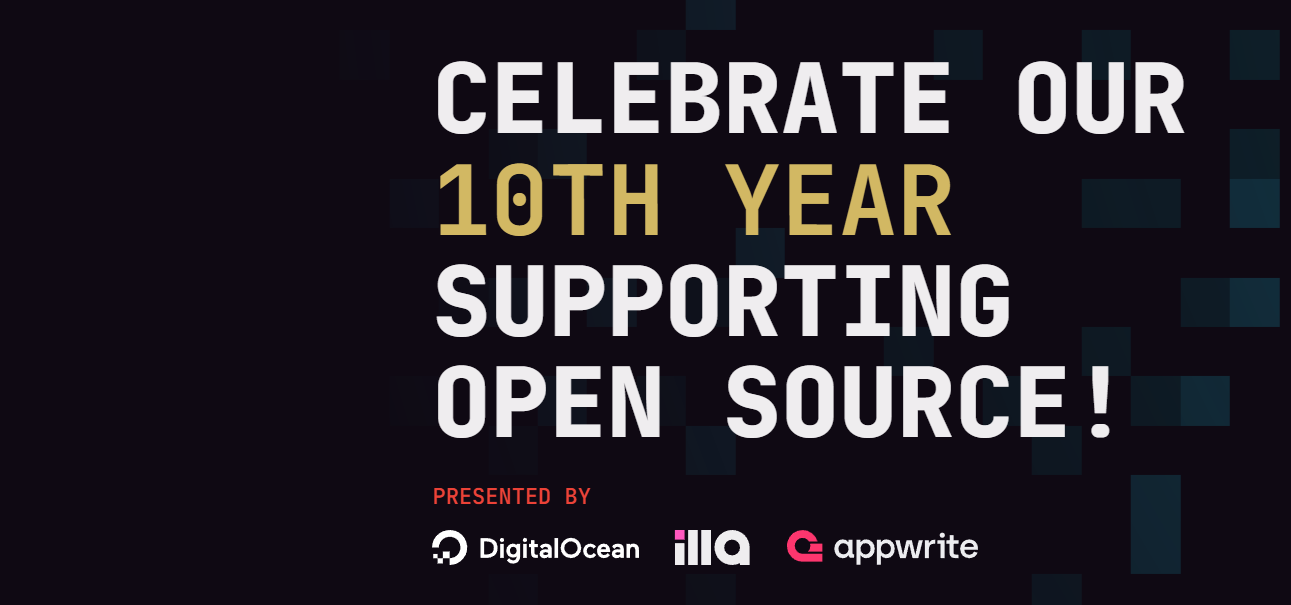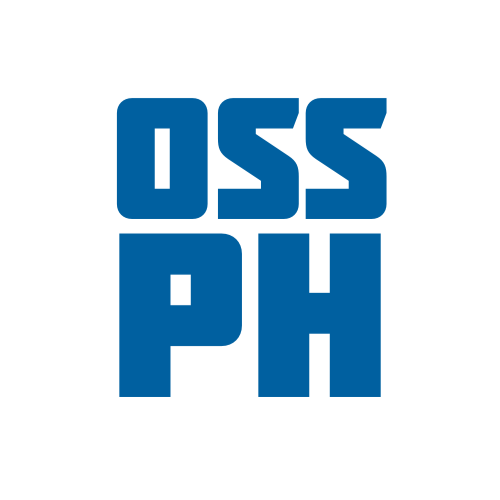Hacktoberfest History: Celebrating a Decade of Open Source Contribution
What started as a small initiative has grown into a massive annual event, encouraging collaboration, learning, and community building. In this blog post, we'll delve into the history of Hacktoberfest and explore how it has evolved over the years.

Introduction
Hacktoberfest has become a significant event in the world of open source software development. Every October, thousands of developers from around the globe come together to celebrate and contribute to open source projects. What started as a small initiative has grown into a massive annual event, encouraging collaboration, learning, and community building. In this blog post, we'll delve into the history of Hacktoberfest and explore how it has evolved over the years.
The Origins of Hacktoberfest
Hacktoberfest had its humble beginnings in 2013. It was conceived by DigitalOcean, a cloud infrastructure provider, and GitHub, the world's largest platform for hosting and collaborating on code. The primary goal was to encourage developers to contribute to open source projects and promote a spirit of community and collaboration.
The inaugural Hacktoberfest was a modest affair. Participants were challenged to make at least four pull requests to open source repositories on GitHub during the month of October. In return, they would receive a limited edition Hacktoberfest T-shirt as a token of appreciation for their contributions. The event attracted a few hundred participants in its first year.
Early Growth and Challenges
As word of Hacktoberfest spread, the event started to gain traction within the developer community. More and more developers began to participate, and the number of contributions increased substantially. This rapid growth brought its fair share of challenges. Some developers would make low-quality or spammy pull requests just to earn a T-shirt, which raised concerns about the quality of contributions and the strain on maintainers.
In response to these challenges, the organizers took steps to improve the event's quality. They introduced guidelines for meaningful contributions and encouraged maintainers to use labels like "Hacktoberfest" to highlight issues suitable for newcomers. These measures helped maintain the event's original spirit of fostering meaningful contributions to open source.
Community Building and Inclusivity
Hacktoberfest's success can be attributed in large part to its emphasis on community building and inclusivity. It has always been an open event, welcoming developers of all skill levels, backgrounds, and experience. This approach not only encouraged more people to participate but also helped foster a diverse and vibrant open source community.
As the event continued to grow, the organizers introduced local Hacktoberfest meetups and partnerships with developer communities worldwide. These meetups provided an opportunity for developers to connect in person, collaborate on open source projects, and learn from one another.
Hacktoberfest also encouraged maintainers to be more inclusive and welcoming to newcomers. The event promoted the idea that open source should be accessible to everyone, regardless of their experience level or background. This inclusive mindset helped create a more welcoming and diverse open source ecosystem.
Maturity and Recognition
Over the years, Hacktoberfest matured into a well-established and respected event in the developer community. It attracted not only individual developers but also companies and organizations looking to support open source. Companies began to sponsor Hacktoberfest, providing additional incentives, prizes, and resources to participants.
In 2020, Hacktoberfest faced a significant challenge when some participants engaged in spammy or malicious contributions, causing inconvenience to maintainers. The organizers responded by implementing more stringent quality control measures, requiring maintainers to approve and label issues before they could count towards a participant's Hacktoberfest progress. While these measures were met with mixed reactions, they reflected the ongoing commitment to maintaining the integrity of the event.
Today
Hacktoberfest has come a long way since its inception in 2013. It has evolved from a small initiative into a global celebration of open source software and community collaboration. Through its journey, Hacktoberfest has not only encouraged developers to contribute to open source projects but has also promoted inclusivity, diversity, and community building.
As Hacktoberfest enters its second decade, it continues to play a crucial role in the open source ecosystem. It serves as a reminder that open source is about more than just code; it's about people coming together to create and share solutions that benefit us all. Whether you're a seasoned developer or just starting your coding journey, Hacktoberfest invites you to join the celebration, learn, contribute, and make a positive impact on the world of open source. Happy Hacktoberfest!
About the author
Joff Tiquez, hailing from Manila, Philippines, is the individual behind the establishment of OSSPH. He is a web developer who strongly supports open source and has been overseeing projects like Vue Stripe for an extended period. To get in touch with Joff, you can visit https://bento.me/jofftiquez.

